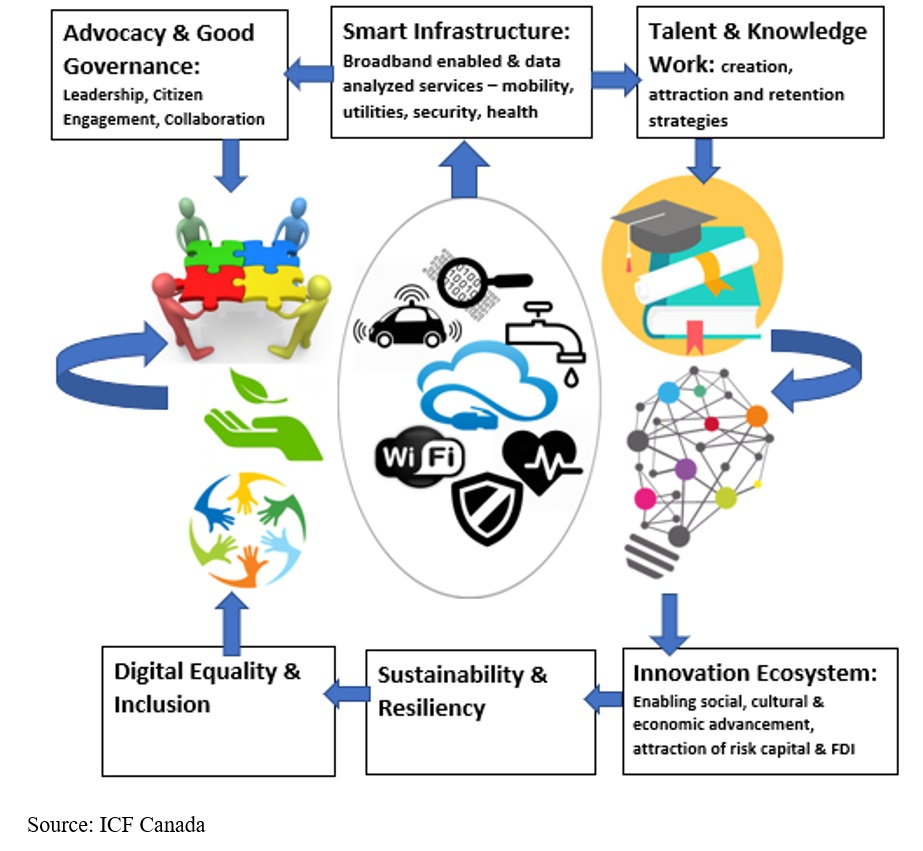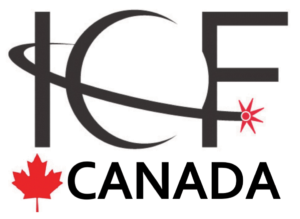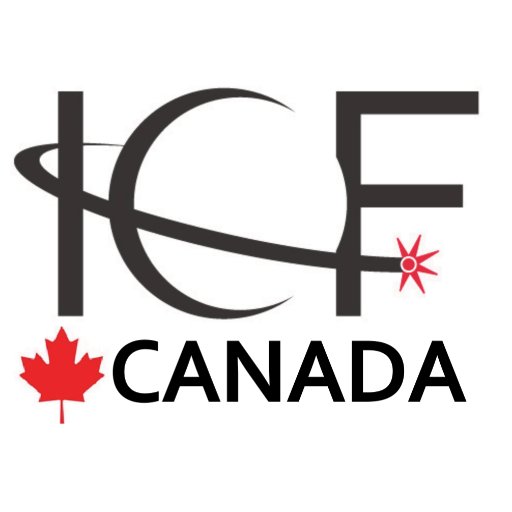
Intelligent Communities – Elements Beyond the Smart City
Smart Infrastructure is just the start of the journey to be an Intelligent Community
ICF and ICF Canada thought leaders are often asked: “What is the difference between Smart Cities and Intelligent Communities?” That is a fair question, since many people have argued that there is no single definition of a Smart City or Smart Community. Some definitions are long and often confusing, but generally not wrong. Others more simply argue that Smart Cities use technology and evidenced based data to form insights into making decisions about community services. We agree with this notion and add that Smart City initiatives simply make cities work better. They apply information and communications technology to accurately monitor, measure and control city processes, from public transit to water supplies, the location of city vehicles picking up waste to the performance of electric grids. Smart Cities are also about saving public money, becoming more efficient and delivering better services to the taxpayer. I think we can all agree on this. The graphic above tries to capture this idea in the central image as “SMART INFRASTRUCTURE”. This is widely accepted. But Intelligent Communities are very different.
They seek to make better cities for their citizens. Whether these communities are places that are large or small, urban, rural or remote, they must be places where citizens and employers can thrive and prosper in the broadband economy where connectivity and access to all services is the big leveler for everyone. These include healthcare, security, access to the Internet, mobility, financial services and city and utility services of all kinds, such as waste disposal, access to clean water and air quality monitoring. Intelligent Communities adopt technology but do not make it their focus. Instead, they find vision-driven, community-based, technology-enabled smart solutions to their most urgent problems.
They make sure they have the connectivity through access to high-speed broadband and the necessary IT infrastructure they need to be competitive, access essential services and be able to attract and retain investment, jobs and talent. But they know that broadband-enabled technologies are only enabling tools and more is necessary to create successful, thriving and livable communities. The other images in the graphic above point to several other key indicators of an Intelligent Community:
- More of a community’s energy must go into developing a workforce able to do knowledge work. This includes working closely with all of the community’s educational institutions to focus on the needed skillsets, such as teaching entrepreneurialism and code in the primary grades – to working with companies engaged in Industry 4.0 businesses to train with a view to meeting the skills-gap of today and tomorrow;
- More effort must go into crafting an innovation ecosystem where business, government and institutional partners create high-quality employment and meet social needs. Innovation and creativity today are the main sources for economic growth. Building a civic future around this is essential. All elements of a community from government, business and institutions must collaborate, bring thought leadership to the table and the necessary resources to ensure the success of innovation districts, startup hubs and support everyday innovative business opportunities to grow;
- More emphasis must be placed on expanding access to digital skills and technology for those otherwise left out. Inclusion and engaging diversity is essential in caring, growing communities. Remember, a rising tide lifts all boats;
- More work must go into engaging citizens as advocates for progress. This is important in creating stable communities that are well governed, a key point in attracting two way trade and investment as well as attracting and retaining talent. This requires excellence in government policies and actions as well as effective and consistent marketing efforts, especially in marketing for economic development and attraction of FDI (Foreign Direct Investment); and
- More energies must go into better understanding and implementing practices of sustainability and resiliency. Cities that engage in these practices will also benefit from economic growth and help others globally to be able to solve their environmental challenges. The future of cities and the planet depends on it.
Every Intelligent Community has Smart City initiatives underway. But many Smart Cities, limiting themselves to the immediate efficiency and cost benefits of ICT, have yet to take the first steps toward becoming Intelligent Communities. But it is not too late. Join the thousands of communities that already are working on their Smart Infrastructure phases to be able to take the next steps in their journey to become Intelligent Communities. It’s an easy next step and doesn’t cost your community a dime extra to do so.
Every year the Intelligent Community Forum offers a program that is called the “Intelligent Community Awards”. Yes, it’s an awards program, but it is more than an awards program. While it offers an incentive for communities to potentially be recognized by an independent third party global non-profit as being qualified for the shortlist of the award, called the SMART21, what is more important is the process that the communities go through to get there. Through collaboration, the community develops its own audit of community assets and learns more about its strengths and weaknesses. It learns more about what advanced technology exists in their community or what their deficiencies are compared to their domestic and global competition. The data, information and insights they learn from this process is theirs to use as attractive information for attracting jobs, talent and investment in their community. The collaboration also often sets a pattern of civic engagement that many communities may not previously have experienced. Community groups, organizations and committees may be approached for their involvement, information and insights that a task force, coordinating the submission, could use. Often it starts with a group of interested citizens making the initial nomination, but eventually all elements of the local community become engaged including the Mayor and Council, the local university leadership and thought leaders from the private sector.
As the program evolves from the SMART21 cities recognition, to the next phase as the TOP7 Intelligent Communities, a deeper dive into the community’s skills and capacities become evident. In this phase, ICF’s Co-Founders visit the community, adding a greater dimension of importance to the awards process including opportunities at the local level to raise further awareness at the local level via the media or through public presentations; build further collaborative linkages and networks; and demonstrate to the world what the community is doing as a qualified TOP7 Intelligent Community. The Co-Founders validate the nomination during their on-site visit and the communities are then invited to become the stars of a global conference called the Intelligent Community Summit, to be held this year in June in New York City.
Those that did not make this level, often request an ICF Report Card, a benchmarking process which helps their community’s task force to learn about their deficiencies as compared to their competition, make recommendations for fixing them and then to reapply again the next year to see where they land among their global peer communities. This benchmarking process has helped a significant number of cities around the world to improve their communities for the benefit of their citizens, and not for the sake of the award alone.
Nevertheless, achieving an aspect of the award, or at least making the initial smart cities level, SMART21, allows the communities the right to utilize the exclusive and coveted ICF and SMART21 brand to attract investment and talent to their communities, raise local pride and self-awareness; build on their initial success to create other initiatives for the community to benefit from and to join an exclusive club of Intelligent Communities, through the ICF Foundation, to be able to access and network with a global community of like-minded communities that are willing to collaborate, and share solutions and case studies that will help them work toward solving their challenges at home. One of these communities will even be named the Intelligent Community of the Year. Last year, Melbourne rose to the top and this year, in London, England, Espoo (a suburb of Helsinki) was named the Intelligent Community of the Year. Your community could be next!
Now, if you think you are ready, click here to start your journey. Remember, there is no cost to nominate your community!
ICF also offers a Community Accelerator Program with Master Classes and Workshops for communities interested in starting their journey but needing an extra hand to do so. Contact Michael at [email protected] to learn more.
![]()
![]()
Want to have a voice in iCommunity.ca, the official newsletter of ICF Canada? Please send your blogs, announcements and other interesting content to John G. Jung at [email protected]

ICF Canada 1310-20 Bay Street Toronto, Ontario M5J 2N8 www.icf-canada.com
Contact: John G. Jung at [email protected] 1-647-801-4238 cell
Want to change how you receive these emails?
You can update your preferences or unsubscribe from this list
